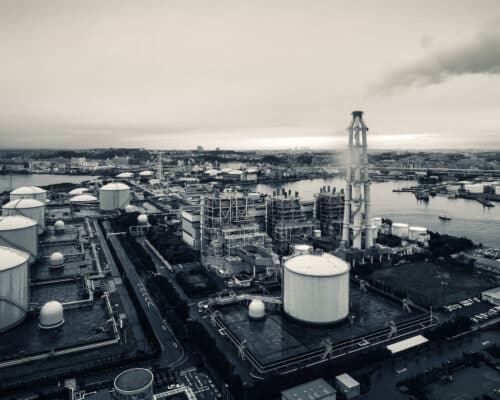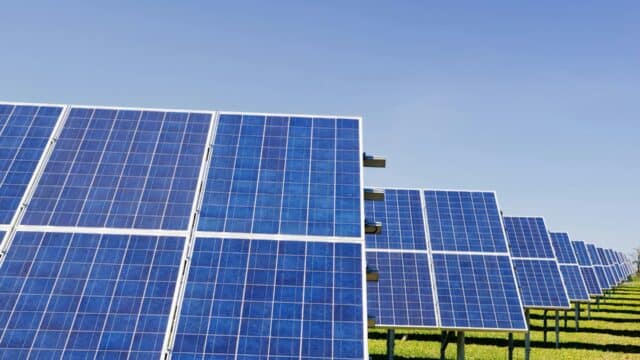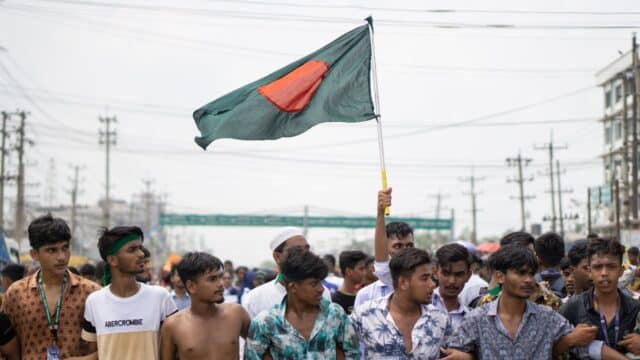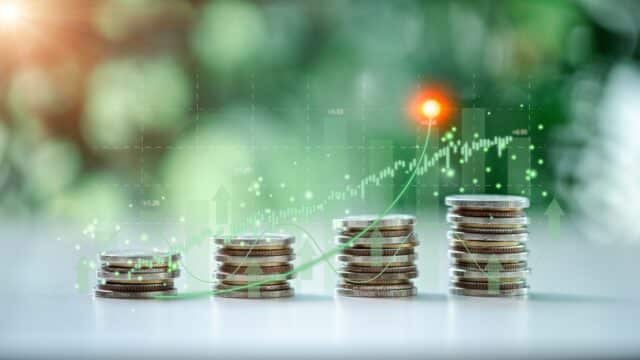Articles
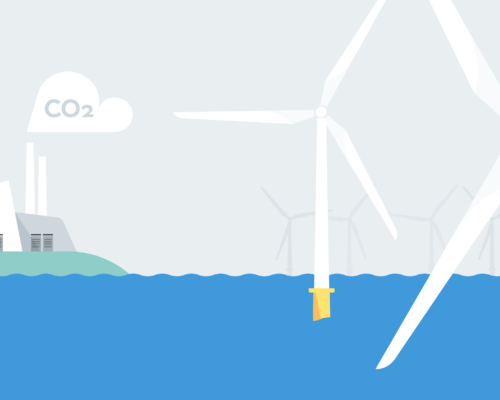
Wind Energy vs Fossil Fuels: Cost, Efficiency, and Market Trends
Wind energy is a crucial technology in regional energy transition plans. It provides a low-carbon and financially viable renewable option for many regions, and trends show that wind energy capacity will continue to grow in the coming decades.
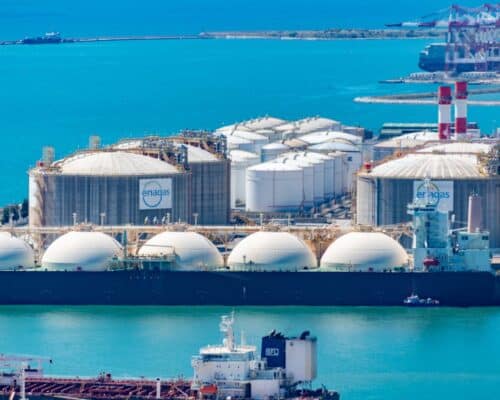
Japan To Buy ‘Record Amounts’ of LNG From US After Trump and Ishiba Meet
In times of heightened geopolitical risk and ever-dropping renewable energy costs, Japan's promise is likely to have significant consequences for its economy and energy security. However, the biggest impact might be felt by Southeast Asian countries – a prime target for Japanese stakeholders looking to resell excessive LNG.

Indonesia’s National Energy Plan (RUKN) Is Ambitious But Falls Short of Full Potential: CREA
According to a dedicated analysis by CREA, while ambitious, the RUKN fails to mobilise the full renewable energy potential of Indonesia and misses out on substantial cost-efficiency gains in the electricity sector. However, the experts note there is still time for demonstrating more ambition.

Japan’s Updated NDC Plans Fall Short of Expectations
Japan’s delay in updating its Nationally Determined Contributions (NDCs) raises concerns about its climate ambitions. The proposed targets — 60% emissions reduction by 2035 and 73% by 2040 — fall short of the Paris Agreement’s 1.5°C goal. Japan's policy-making structural issues, including industry influence over energy policy and the primacy of energy policy over climate targets, hinder progress. Reforming Japan’s policy-making framework is essential.
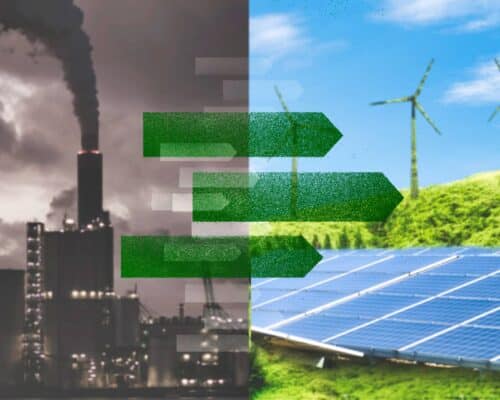
Solar Energy vs Fossil Fuels: A Climate and Financial Case
Solar energy has emerged as a cost-competitive and scalable alternative to fossil fuels. As governments strive to meet international climate targets, solar’s low emissions and rapid deployment make it a key catalyst for the global energy transition. Solar stands poised to redefine how the world powers its future by offering economic, health and environmental benefits.
Natural Gas Price Forecast 2025: Asia To Drive Global Demand
In 2025, natural gas markets will continue facing uncertainty, with market analysts warning of continuously increasing prices hitting import-reliant Asian economies. This necessitates accelerating renewables deployment to ensure more affordable, secure and clean energy for their growing economies.
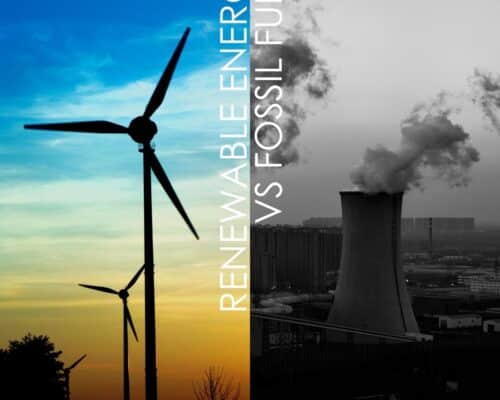
Renewable Energy vs Fossil Fuels: A Financial Perspective
Renewable energy has surpassed fossil fuels in most metrics, and as technology improves, it will surpass fossil fuels' remaining benefits. This is a pivotal time for businesses and governments to transition to fossil fuels for environmental, social and financial reasons.

Trump Quits the Paris Agreement: The Consequences
Experts say that while Trump's decision will significantly impact global climate action, it won't derail it since the clean energy transition is already underway. The economic reasoning behind it is too strong to ignore. However, other nations must unite and increase their efforts to protect the most vulnerable.
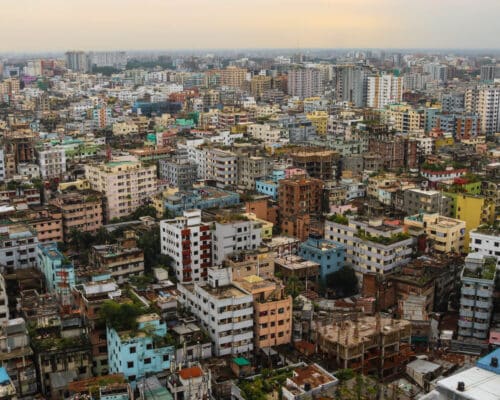
Japan’s Fossil Fuel Strategy Fueling Poverty in Bangladesh [Op-Ed]
Despite a severe foreign currency crisis, Bangladesh continues to pour billions into expensive, import-dependent fossil fuel projects—largely driven by Japan’s investments. While power plants remain idle due to fuel shortages, the burden of rising energy costs is pushing millions into poverty. Why is Bangladesh prioritising Japan’s energy agenda over its long-term sustainability?
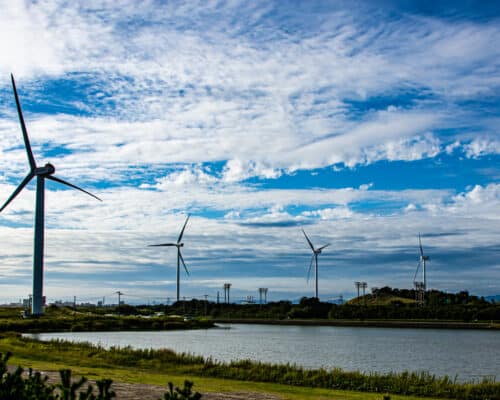
Japan’s Offshore Wind Potential
Japan needs to boost offshore wind power generation to meet decarbonisation goals, as current targets of 10 GW by 2030 and 45 GW by 2040 are deemed insufficient. With significant offshore wind potential, experts call for more ambitious goals and better policies to enhance investment and reduce reliance on fossil fuels.
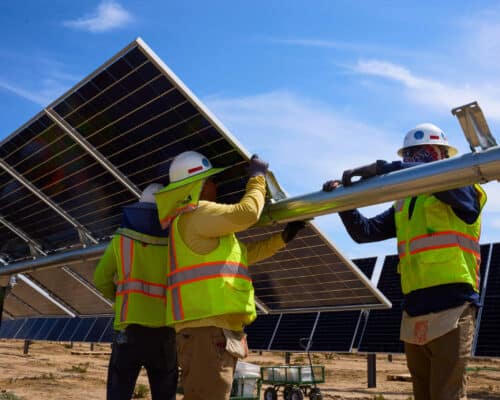
How Investing in Renewable Energy Fuels Profit and Sustainability
The renewable energy sector is predicted to rapidly expand over the coming decades as the world moves away from fossil fuels. This provides many opportunities for investors to become involved and capitalise on the transition.
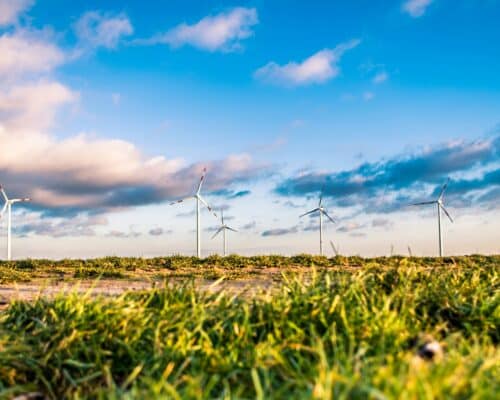
APAC Stakeholders Must Accelerate Renewable Energy Adoption
As the climate crisis escalates, accelerating the fossil fuel phaseout and scaling up renewable energy...

Japan’s LNG Investments in the US Gulf South: A Costly Miscalculation [Op-Ed]
As Japan positions itself as a clean energy leader, its financial institutions are making a costly miscalculation—doubling down on US liquefied natural gas (LNG) investments. New research shows that exported LNG is 33% worse for the climate than coal, while frontline communities in the US Gulf South suffer severe health impacts from these projects. With mounting legal challenges, rising financial risks, and intensifying global climate commitments, Japan’s banks must reconsider their LNG strategy before it’s too late. Manning Rollerson & Ayumi Fukakusa share their opinion.
Most Popular
Most Popular
Categories
-
10
-
35
-
126
-
4
-
17
-
46
-
52
-
11
-
10
-
15
-
24
-
6
-
1
-
5
-
6
-
285
-
200
-
17
-
24
-
1
-
1
-
23
-
41
-
44
-
88
-
18
-
86
-
41
-
17
-
11
-
43
-
54
-
86
-
299
-
22
-
44
-
36
-
11
-
42
-
36
